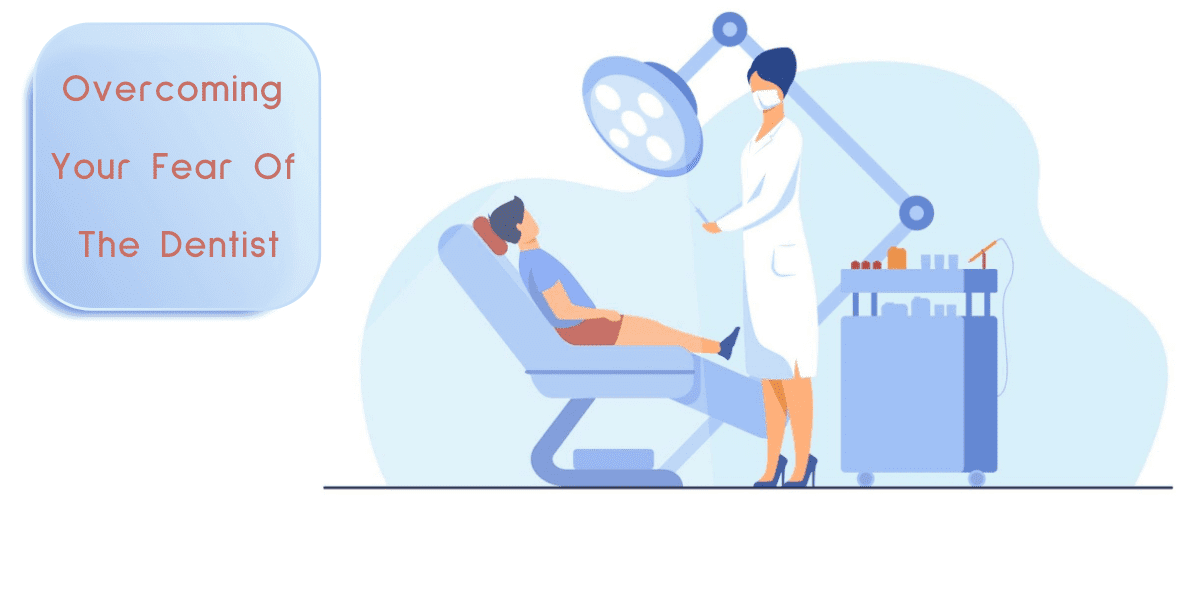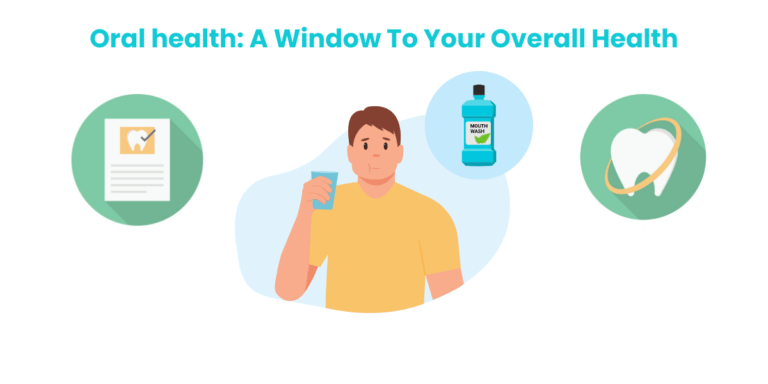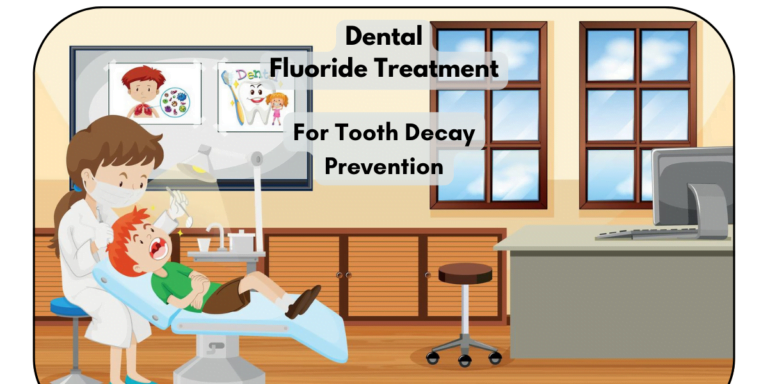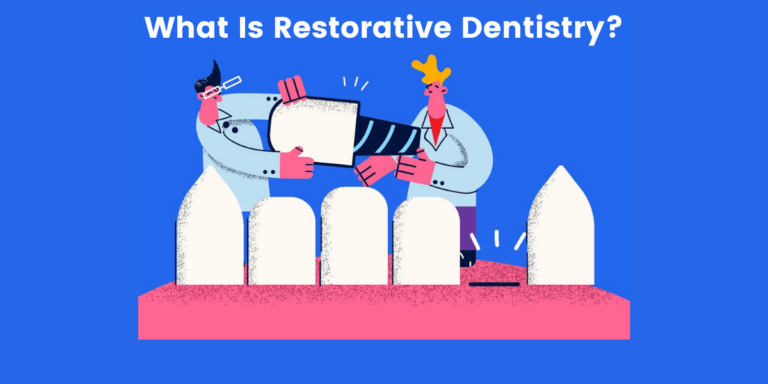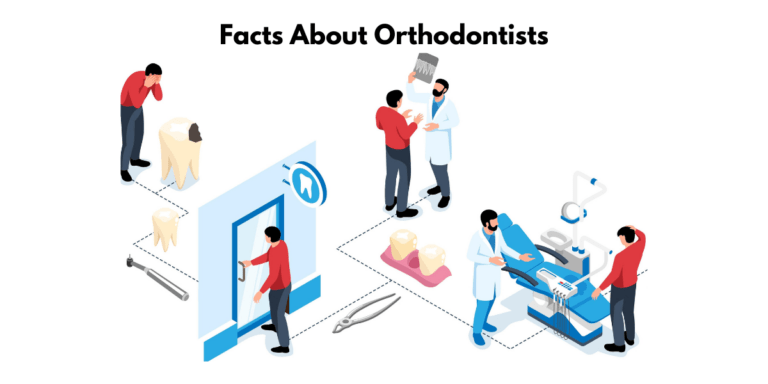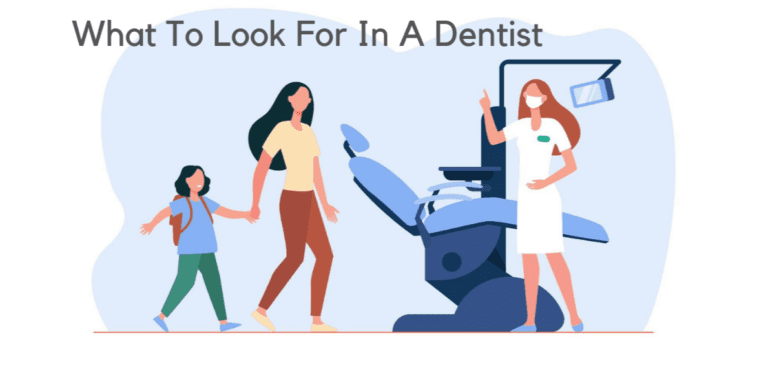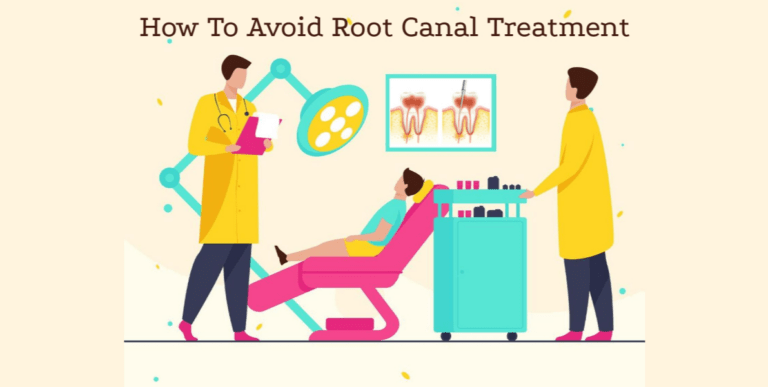Dental Anxiety: How To Overcome The Fear Of Going To The Dentist
How do I get over my dental anxiety?
Dental anxiety is an irrational fear and avoidance of dental visits.
It is an emotion that causes apprehension, tension, and discomfort and is associated with increased sympathetic nervous system activity.
It is a learned response and can be measured using self-reported questionnaires such as the Modified Dental Anxiety Scale.
Dental anxiety can impact the patient and the dental team, and it is estimated that 32% of dental patients’ always feel anxious about going to the dentist.’
Dental anxiety can be distinguished from the dental phobia by the intensity of anxiety experienced and the patient’s ability to cope with the anticipated anxiety of dental treatment.
What causes dental phobia and anxiety?
Dental anxiety often stems from an early dental experience that was unpleasant or painful.
The most common causes of dental phobia are childhood fears, recollections of pain, and even having a bad first impression when visiting the dentist for the first time.
Anxiety can be managed by finding out what triggers it to avoid these future situations.
However, many people fear going to the dentist because they’ve heard horror stories from friends or family members about their experiences.
They may not find out what dental anesthesia is in advance and be worried that it won’t be strong enough before the procedure begins.
This anxiety can lead to dental phobia when an individual has been scared by past experiences with dentists and hospitals too frequently.

What are you afraid of?
Phobias are often rooted in a deep-seated fear, and it’s important to know what you’re afraid of.
There may be several fears that contribute to your phobia, such as the dentist hurting you or causing pain during dental procedures.
Once you identify the cause of your anxiety, it becomes easier to come up with solutions for overcoming the phobia.
We’ve listed some possible causes of your dental anxiety or fear to help you address the matter.
Pain
Patients with a pre-dental experience can often feel anxious about their dentist due to fear of the painful experiences they may have had before.
Today, dentistry is becoming more advanced with technology.
Dentists use a variety of machines and tools to minimize pain during procedures.
Dental professionals will take good care of you and ensure you’re not scared while going through the dental process.
Loss of control & fear of the unknown
Many fear what will happen or have difficulty sitting in the dentist’s chair.
Some may be anxious about losing control, and others don’t know what is coming next.
Dentist offices offer amenities like eye masks, headphones, and blankets, so patients feel comfortable cleaning their teeth.
Embarrassment about dental health
People may have dental anxiety due to embarrassment about their dental health.
They may feel embarrassed by the look or condition of their teeth, or they may be afraid of being judged by their dentist or dental hygienist.
Additionally, fear of pain, lack of control, or fear of dental tools can all lead to dental anxiety and phobia.
If an individual has had a traumatic experience or is extremely afraid of needles, this can further contribute to dental anxiety.
If left untreated, dentophobia, also known as odontophobia, can hurt an individual’s general well-being, such as causing aggression and impacting their performance at work or school.
Bad experiences in the past
Many people have a fear of going to the dentist, and it often starts in childhood.
Patients may avoid going for treatment because they had a bad experience with needles or pain during their previous visit with a dentist.
Many people experience a bad first dentist visit.
These reasons include embarrassment, loss of control, and feeling self-conscious when their mouth is open during a dental appointment.

Can dental anxiety be cured?
Can dental anxiety be cured? The answer is not a simple yes or no.
Dental anxiety is a multifactorial condition, and its severity can vary from person to person.
Various techniques and treatments can help people manage and cope with dental anxiety.
Additionally, sedation or general anesthesia may be used in more severe cases.
Ultimately, combining treatments tailored to the individual’s needs will likely produce the best results.
10 tips to help with managing dental anxiety
Dental anxiety can be a very real and difficult issue for many people.
As a result, this can lead to serious oral health consequences if left untreated.
Fortunately, various alternative techniques and methods can help those suffering from dental anxiety cope and receive the vital care they need.
Let’s discuss 10 tips for managing dental anxiety, from deep breathing and meditation to seeking professional help and embracing preventive care.
With these tips, we hope to empower those affected by dental anxiety to seek and maintain the oral care they need for a healthy mouth!
1. Practice relaxation techniques
Relaxation techniques can effectively reduce anxiety by teaching patients how to control their thoughts and emotions.
Techniques such as diaphragmatic breathing can help reduce physical tension and allow the patient to achieve a more relaxed state.
Regular practice of such techniques can also help reduce the stress response’s effects.
Additionally, behavior-management techniques such as behavior modification can help increase self-control and modify behaviors that contribute to anxiety.
Ultimately, relaxation techniques can be a useful tool to help people manage anxiety and practice better self-care.
Here are other examples of relaxation techniques that can help relieve your dental anxiety:
- focused breathing
- meditation
- bringing a friend or family member
2. Consult a relaxation therapist
A relaxation therapist is a professional who helps individuals to relax physically and emotionally through the use of various techniques such as:
- communication skills
- rapport and trust building
- behavior-management techniques
- relaxation techniques
- guided imagery
- hypnotherapy
- acupuncture
- exposure therapy
- positive reinforcement
- cognitive behavioral therapy (CBT)
A relaxation therapist can help individuals gain greater control over their peripheral and central nervous systems and reduce the effects of everyday stress.

3. Use a distraction technique
Distraction techniques can help manage dental anxiety by redirecting the patient’s focus away from their fear or worry.
These distractions can be especially useful for children in the dental clinic and mildly anxious adults.
Studies have shown that distraction techniques can reduce pain and anxiety during medical and dental procedures and provide a placebo effect.
Distraction techniques can also be used to help motivate anxious individuals to escape the fear-inducing situation by providing a distraction from their fear.
These are some examples of distraction techniques:
- a short break during a stressful procedure
- listening to music
- listening to a podcast
- watching a show
- playing computer games
4. Talk to your dentist about anxiety management techniques
It is important to talk to your dentist about anxiety to manage your fears better and allow your dentist to provide the best possible treatment.
When booking your appointment, let the receptionist know you are nervous.
During your visit, remind the dentist and dental team about your anxiety and any bad experiences you may have had in the past.
It may also be helpful to ask questions about the treatment and agree on a signal you can use to take a break if needed.
Additionally, don’t be afraid to let your dentist know if you are in pain, even with an anesthetic.
Open and honest communication with your dental team is essential to put your anxieties to rest.
Furthermore, understanding what will happen during a procedure can alleviate the fear of the unknown.
Your dentist may work with other healthcare professionals to help manage phobia, and a psychologist or counselor may help you overcome your anxiety.
Ultimately, it is important to talk to your dentist about anxiety to ensure that your treatment is comfortable and that you get the care you need.
5. Take a deep breath
Taking a deep breath is a simple yet effective way to help manage dental anxiety.
Deep breathing exercises can relax the mind and body, reducing stress during dental appointments.
Doing a few simple exercises, such as slowly inhaling through the nose and then slowly exhaling through the mouth, can help to reduce tension and calm the mind.
Other techniques for managing dental anxiety include psychological coping techniques such as meditation, distraction, guided imagery, progressive muscle relaxation, and hypnosis.
It is also important to communicate your fear and anxiety to your dentist so they can work with you to create a tailored management plan.
6. Practice self-care
Practicing self-care is an important strategy to help dental professionals manage the stress of treating dental anxiety patients.
Self-care activities, such as yoga, can help reduce the personal anxiety and stress that dental hygienists may experience while managing anxious patients.
7. Get a neck wrap
A neck wrap is a therapeutic device used to help reduce anxiety.
It is designed to provide calming pressure around the neck and shoulders, which helps to relax the body and reduce tension.
The warmth of the wrap and the physical pressure applied to the neck can help reduce muscle tension and bring about a feeling of relaxation, thus reducing anxiety symptoms.
Relaxation techniques such as deep breathing and muscle relaxation, when practiced regularly, can also help create a relaxation response, reducing overall stress and anxiety levels.

8. Take anxiety medication if needed
Anxiety medication can help reduce dental anxiety by providing a more relaxed state of mind before a dental appointment.
Dentists or doctors sometimes prescribe short-acting, small, single doses of oral anxiolytic medications to help anxious patients relax.
Patients taking the medication will need someone to accompany them to and from the dental visit since they cannot safely drive a car under the influence of sedative medication.
Aside from medication, other options can help reduce dental anxiety, such as relaxation exercises, listening to music, and cognitive behavioral therapy.
It is strongly recommended that you consult a dentist or doctor before taking any medications for dental anxiety.
It is important to make sure your dentist is aware of any fears, anxieties, and “triggers” you experience when visiting the dentist, as these can be addressed to help make your appointment easier and more enjoyable.
Lastly, getting a good night’s sleep before your appointment and avoiding caffeine and sugary foods before your dental visit is important.
9. Research your dentist
Researching your dentist can help reduce dental anxiety by helping you understand the type of care you’ll be receiving and providing peace of mind in knowing that you’re in the hands of a qualified professional.
Knowing your dentist’s qualifications, experience, and references can help you feel more confident about the care you’ll receive and make it easier to discuss any anxieties or fears you have before your appointment.
It is also beneficial to research the type of sedation dentistry offered by the office, as this can help provide additional comfort during procedures.
Ultimately, researching your dentist and their services can be a great way to help manage your dental anxiety.
10. Utilize visualization techniques
Visualization techniques are mental practices that involve creating an image of a pleasant, peaceful experience to achieve relaxation and reduce anxiety.
They can be used with relaxation and cognitive behavioral therapy (CBT).
Visualization techniques often involve creating an image of a beach, lake, mountain, or other safe place and engaging with all senses to make the experience as real as possible.
This can include adding smells, sounds, and colors to create a vivid image.
Visualization techniques can also involve guided imagery, where a patient is verbally guided to create a picture by the dentist, or scripts can be used where a patient chooses their mental image.
Here are some examples of visualization techniques that can help alleviate your fear of dentists:
- Guided imagery: Creating mental images of calming, pleasant scenes to reduce stress.
- Hypnotherapy: Using hypnotic suggestion and guided imagery to induce a trance-like state to help manage fear and anxiety.
- Distraction: Focusing on other tasks or objects to reduce the attention to the source of anxiety.
- Imaginary systematic desensitization: Imagine entering the dental clinic, sitting in the dental chair, and receiving dental treatment.
In conclusion…
The importance of communicating your fears to your dental health professional cannot be overstated when managing dental anxiety.
Open and honest communication is the key to relieving your anxieties and restoring your sense of trust in your dental team.
By expressing your fears and concerns, you can empower yourself to understand better what you will be undergoing, thus alleviating the fear of the unknown.
Furthermore, building trust with your dental team is essential in managing dental anxiety, as it allows for a more collaborative relationship.
Additionally, by taking an active role in your dental care, you can gain greater control over the situation and your treatment, which can help alleviate some of your anxiety.
Communicating your fears and concerns to your dental health professional can be a key step in managing dental anxiety.
- Dental Hygienists: What do they do and how to find one - January 26, 2023
- A Comprehensive List of Dental Procedures and Techniques: What you need to know - December 20, 2022
- Dental Anxiety: How To Overcome The Fear Of Going To The Dentist - January 20, 2022

